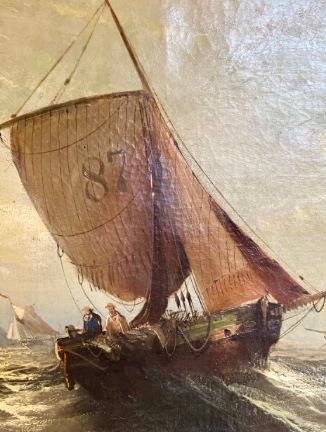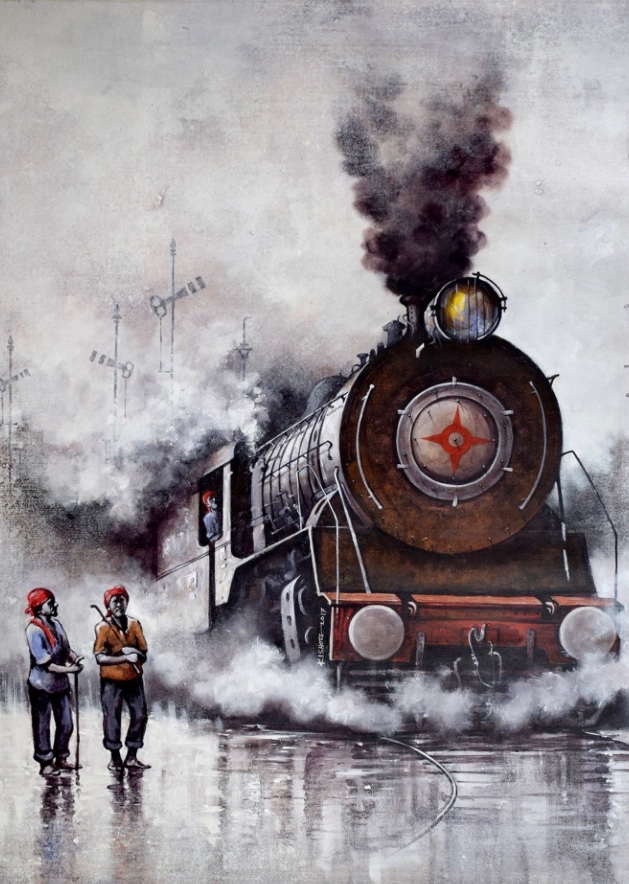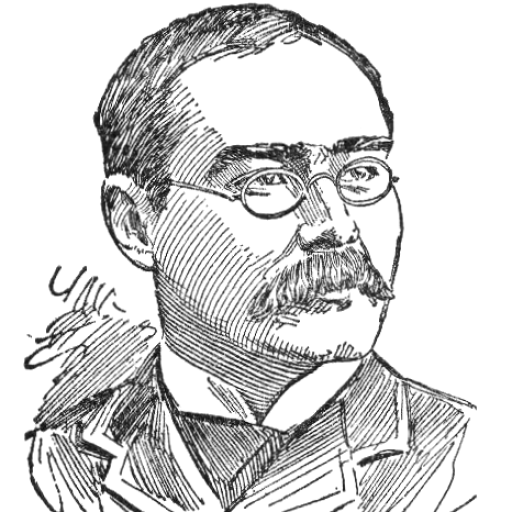
Travel is a large and increasing part of life. People in wealthy countries spend a large part of their free time and disposable income to go away on vacations. More and more people choose to go on vacation to somewhere they have not been before, rather than to a place they know and like. Why this fascination with travel?
A major reason, I believe, is that the discovery of new places and people through travel gives many a sense of excitement, sets their pulse beating. There is also the sense of renewing oneself by getting into new situations. My own experience was that I always jumped at the chance to discover a place in which I had never been before, or to do something I had never done before. But once that new experience started becoming a routine, I had to leave it for something else. In the words of Kipling’s ‘Tramp-Royal’, “Pay couldn’t ‘old me when my time was done”.
Another attraction of travel is that where you are not known to anyone you can behave as you really feel, try things you have never dared for fear of “what would people say”, live out your fantasies. Travel gives you this kind of freedom. Kipling’s British soldier who is the narrator of ‘Mandalay’ expresses this feeling when he finishes with the wish, “ship me somewhere east of Suez, where the best is like the worst, / where there aren’t no Ten Commandments an’ a man can raise a thirst …”

Travel also makes you face yourself. New circumstances challenge and test you as your home environment never can, they make you discover who you really are. ‘Chant-Pagan’ is the song of a man who has discovered himself while fighting in the Boer War in South Africa. He was so changed by his experience of the wide open spaces, by “the silence, the shine an’ the size / of the ‘igh, unexpressible skies”, that he does not fit into city life any more. Travel also means leaving the safe, man-made environment of cities and exposing yourself to the hostile elements. I find very captivating those poems of Kipling where he creates a mood of immense nature, in which people are left small and helpless. Such is the ‘Harp Song of the Dane Women’, where the women are left behind watching their men return to the sea.
Sometimes it is just getting there that gives the exhilaration of discovery and sometimes just thinking of ever getting there sets your mind to imagining what it might be. ‘The Way through the Woods’ creates such an atmosphere of pure magic.
Yet travel is not always enjoyable; just as the long journey of life is not always a picnic. Many times things get tough, you are thrown back on your own resources, and must harden yourself to just pull through it. How often, when I was descending from a mountain top to the safety of camp, down some dangerous cliffs or across a tricky snow slope, step after tense step, the words of ‘The Second Voyage’ came back to my mind – “We ask no more of any day or night / Than to come with least adventure to our goal …”
